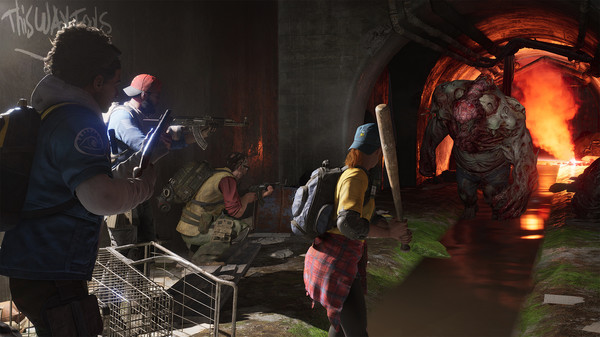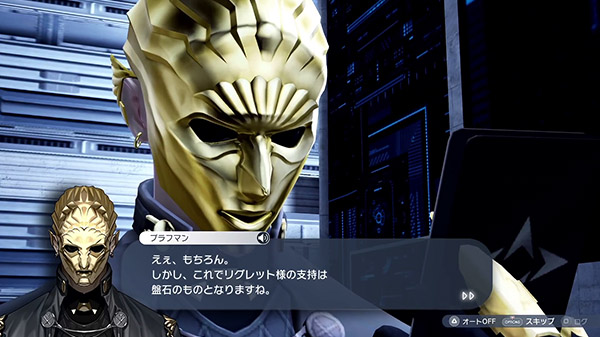# Back 4 Blood delayed to October 12

“#
Back 4 Blood delayed to October 12 ”
No longer due out on June 22.

Publisher Warner Bros. Interactive Entertainment and developer Turtle Rock Studios have delayed Back 4 Blood from its previously planned June 22 release date to October 12. It will be available for PlayStation 5, Xbox Series, PlayStation 4, Xbox One, and PC via Steam and the Epic Games Store.
Here is Warner Bros. Interactive Entertainment’s full message on the delay:
Turtle Rock Studios is working hard to make Back 4 Blood the best game it can possibly be at launch and the team needs more time to do this. Therefore, we will release Back 4 Blood on October 12, 2021. We thank our community for its continued support and are excited to share thatt there will be an open beta this summer.
If you liked the article, do not forget to share it with your friends. Follow us on Google News too, click on the star and choose us from your favorites.
For forums sites go to Forum.BuradaBiliyorum.Com
If you want to read more News articles, you can visit our Game category.




